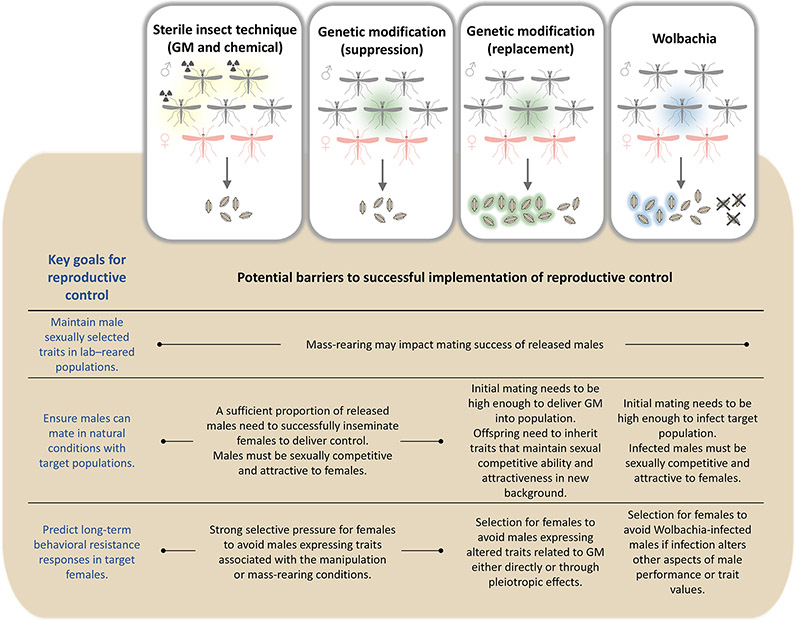Figure 1. Applications for mosquito control.
The implementation and long-term stability of many control interventions will be enhanced by filling key gaps in our understanding of mosquito mating systems. For example, many strategies rely on the mass-rearing and release of modified males (genetically [1] or chemically [3,7] sterilised, infected with a pathogen [2], or carrying a transgene [5]). Improved understanding of the degree to which male-male competition and female choice determine male mating success can inform the conditions under which these males should be maintained to maximize mating success. There are important gaps in our understanding of the variation and selection of female preferences that need to be filled in order to assess and mitigate the potential for behavioural resistance. Important evolutionary questions also remain about the relationships between traits important for male mating, male viability, and female traits that can influence vectorial capacity.

